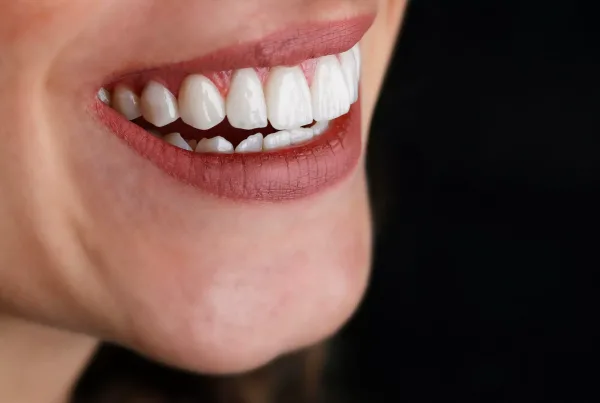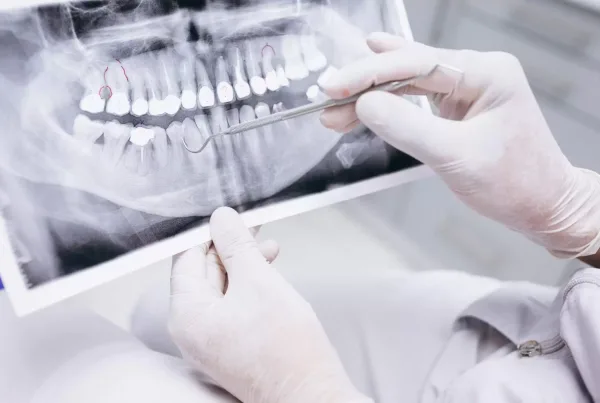
Toothache can be an annoying condition that makes daily life quite difficult. There can be many different reasons for a toothache. This article will explore the ten most common causes of toothache.
- Tooth Decay (Cavities)
Tooth decay begins when acids produced by bacteria in the mouth break down sugary and starchy foods and erode the enamel. Over time, these minor damages to the enamel deepen and reach the dentin layer, creating cavities. As the decay progresses, it can reach the center of the tooth, called the pulp, which contains nerves and blood vessels, leading to severe pain. Untreated cavities can result in infections and tooth loss.
- Gum Disease
Gum disease is an infection of the tissues surrounding and supporting the teeth. It usually begins with a bacterial infection caused by plaque and tartar buildup on the teeth. The early stage is called gingivitis, presenting symptoms like gum bleeding, redness, and swelling. If left untreated, it can advance to a stage called periodontitis, leading to gum recession, bone loss, and tooth loss. In addition to pain, gum disease can cause bad breath and loose teeth.
- Cracked or Broken Teeth
Teeth can crack or break due to trauma from falls, impacts, or biting hard foods. Cracks or breaks can reach the tooth’s nerve, causing severe pain. Additionally, cracked or broken teeth are more prone to infections. If not treated, they may lose vitality and need extraction.
- Dental Abscess
A dental abscess is a pus-filled sac caused by an infection at the tooth’s root or gums. It can result from untreated tooth decay or gum disease. A dental abscess can cause throbbing and severe pain, facial swelling, fever, and a bad taste in the mouth. If left untreated, the infection can spread and cause serious health problems.
- Teeth Grinding and Clenching (Bruxism)
Teeth grinding and clenching, often due to stress, sleep disorders, or misaligned teeth, can lead to tooth wear, fractures, and jaw joint issues. It can also cause severe headaches and facial pain. Treating bruxism involves identifying and addressing the underlying cause.
- Filling Falling Out
A filling may fall out due to decay in the tooth beneath the filling or wear of the filling itself. A filling falling out near the tooth’s nerve can cause pain. Additionally, a tooth with a missing filling is more prone to infection.
- Teething
Teething can cause pain, especially in babies and young children. During teething, the gums may become swollen, tender, and itchy. Babies may also experience restlessness, sleeplessness, and loss of appetite.
- Teeth Whitening
Teeth whitening procedures aim to remove stains and make teeth appear whiter. However, some teeth whitening products can cause sensitivity and temporary pain. This discomfort is not permanent and typically subsides within a few days.
- Tooth Nerve Death
Tooth nerve death can result from deep cavities, broken teeth, or dental trauma. When the tooth’s nerve dies, it loses vitality and may change color. Tooth nerve death can also lead to infection and severe pain.
- Impacted Teeth
Impacted teeth remain trapped in the jawbone and do not emerge through the gums. Wisdom teeth (third molars) are often affected. Impacted teeth can cause pain, swelling, and infection. They may also disrupt the alignment of other teeth and lead to cyst formation in the jawbone.





